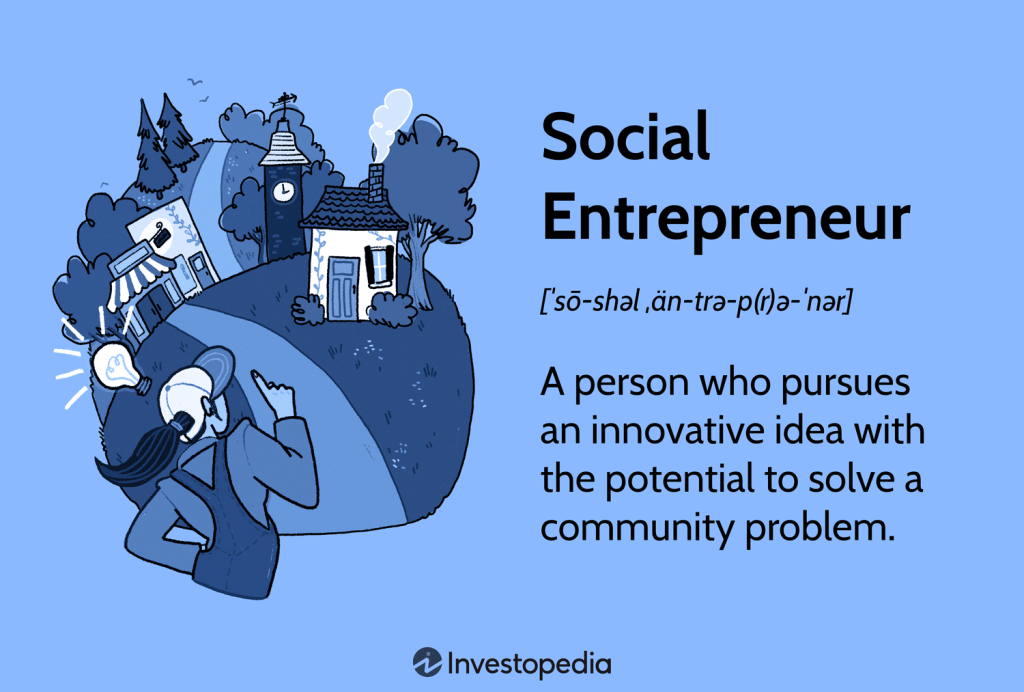Entity social support shows a paradigm change in the manner agencies interact with and donate to society. Beyond the traditional realms of profit-making, entities are realizing their role as responsible and productive players in neighborhood well-being. This process moves beyond infrequent charitable donations to impress a culture of cultural obligation deeply ingrained within an entity’s values and operations.
One of many important facets of entity social company is its focus on making sustainable and impactful change. Rather than seeing social initiatives as pure philanthropy, entities are increasingly investing in jobs that handle endemic problems, contributing to long-term options and good transformation within communities. This change reflects a commitment to addressing origin causes and fostering resilience rather than merely alleviating quick needs.
Corporate entities are leveraging their resources, knowledge, and effect to handle pressing social and environmental challenges. Through strategic relationships with nonprofits, governmental agencies, and different stakeholders, entities take part in collaborative attempts that increase their impact. These relationships enable a far more detailed and integrated approach to handling complex social dilemmas, combining resources and knowledge for higher effectiveness.
Entities involved in social support frequently undertake a holistic view of the impact, considering not merely the economic but in addition the environmental and cultural dimensions of these operations. That triple-bottom-line approach, called the “people, planet, profit” platform, shows a commitment to balancing economic accomplishment with environmental stewardship and social equity. By adding sustainability within their business practices, entities donate to a more equitable and environmentally aware world.
Staff involvement is an important element of effective entity social service initiatives. Many companies recognize that their staff are essential stakeholders in their neighborhood impact. By concerning employees in offer applications, community outreach, and cultural initiatives, entities foster a sense of purpose and collective responsibility among all of their workforce. That not only promotes staff pleasure but additionally strengthens the entity’s connection to the towns it serves.
Measuring and revealing on social affect is an integrated part of entity cultural service. Through clear reporting mechanisms, entities connect their contributions to stakeholders, shareholders, and the wider public. These impact assessments rise above financial metrics to encompass the cultural and environmental outcomes of these initiatives. This visibility builds trust and accountability, encouraging entities to frequently improve and innovate within their cultural support endeavors.
Entities are increasingly knowing the significance of aiming their cultural support initiatives with their core competencies. By leveraging their unique abilities, understanding, and methods, entities may make a more meaningful and sustainable share to societal challenges. This Social Entity goes beyond economic donations, allowing entities to utilize their knowledge to produce sustained positive modify in places directly related for their business operations.

In summary, entity cultural service scars a major shift in the position of organizations within society. It shows a broader comprehension of corporate duty, planning beyond profit-making to positively subscribe to the well-being of neighborhoods and the planet. As entities continue to evolve in their way of social service, the prospect of positive and sustained effect on an international range becomes significantly promising.
